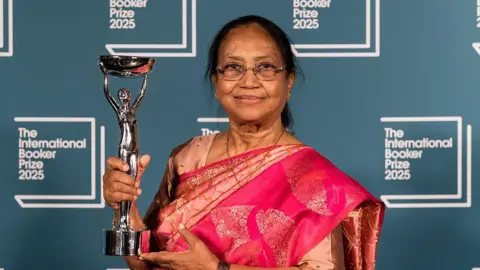Earlier this year, an Indian travel influencer's viral video criticized the weaknesses of the Indian passport, pointing out how it restricts travel compared to neighboring nations like Bhutan and Sri Lanka. Following this, the Henley Passport Index placed India at 85th out of 199 countries, down five spots from the previous year.
The figure is concerning especially when compared to countries like Rwanda and Azerbaijan with smaller economies, ranking significantly higher. India's passport strength has consistently hovered in the 80s over the past decade, dipping to 90th place in 2021.
This year, Singapore leads the index, granting its passport holders access to 193 countries without a visa, whereas Indians enjoy visa-free travel to only 57 nations. This situation unveils the complexities behind passport rankings that reflect national image and travel ease.
Despite a decline in ranking, the number of visa-free options for Indians has increased from 52 in 2015 to 62 in 2024, exemplifying a paradox where access improves but position worsens due to heightened competition among nations boosting their travel partnerships.
Experts highlight factors including India’s political climate and past issues like the Khalistan movement, which influences global perceptions and visa policies. The risk of passport fraud also weighs on India’s travel freedom, while advancements in technology like e-passports are steps toward improved security.
To enhance its position, India must focus on diplomatic relations and establishing more travel agreements, thus elevating the global mobility of its citizens.



















